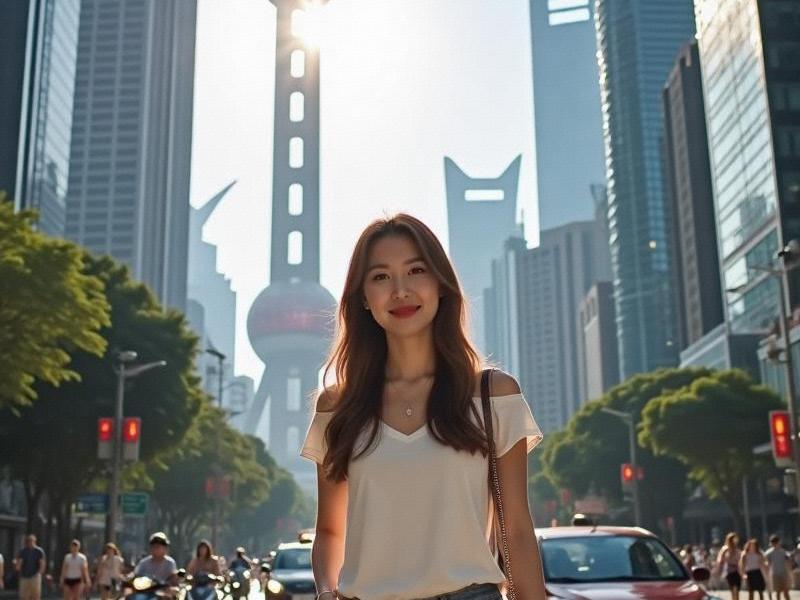
The glowing facade of "Cloud Nine" on the Bund represents Shanghai nightlife's dramatic evolution. What began as a conventional KTV club now operates as a "multi-sensory entertainment complex," where AI mixologists craft personalized cocktails based on biometric data while holographic performers interact with live audiences. This metamorphosis reflects broader changes across Shanghai's $9.1 billion entertainment industry following the 2024 Nightlife Modernization Initiative.
Shanghai now hosts 1,103 licensed entertainment venues (down from 2,345 in 2019), yet industry revenue has grown 37% due to premium positioning. The Shanghai Cultural Market Administration's strict "Three Transparency" policy (price transparency, service transparency, and staffing transparency) has fundamentally reshaped operations. Every establishment now displays real-time digital menus with itemized pricing, while staff wear body cameras that record service interactions (with customer consent).
Business entertainment has reached unprecedented sophistication. Venues like "The Chrysanthemum Club" in Lujiazui offer soundproof negotiation pods with real-time translation and blockchain contract verification. Their "Deal Flow" algorithm analyzes executives' professional networks to suggest optimal seating arrangements, resulting in 28% more closed deals than traditional business dinners according to PwC research. "We're not just serving drinks - we're facilitating global commerce," remarks GM William Chen.
爱上海419论坛 KTV technology has undergone quantum leaps. At "Neon Melody" chains across Jing'an, augmented reality transforms private rooms into everything from ancient Chinese palaces to Mars colonies. Their proprietary "Vocal Guardian" system monitors singers' vocal cords via wearable tech, automatically adjusting key and tempo to prevent strain. Medical reports show a 63% reduction in entertainment-related voice injuries since implementation.
Cultural fusion defines the new experience economy. The reinvented "1933 Nightclub" in Hongkou blends Art Deco elegance with cutting-edge tech - jazz singers perform alongside their own AI-generated holograms from different historical periods. Meanwhile, "Silk Road" in Xuhui offers rotating cultural nights where patrons experience everything from Peking opera to flamenco through immersive VR projections.
Expat-focused venues have developed unique hybrid models. "Haven" in the Former French Concession operates as both members' club and cultural center, hosting weekly forums on Sino-foreign business integration. Their signature "East-West" cocktail menu literally blends flavors - customers can watch molecular mixology combine baijiu and single-malt whisky in real-time through transparent display walls.
上海龙凤419是哪里的 Employee welfare improvements have been equally transformative. The new Shanghai Entertainment Professionals Association guarantees all staff:
- Minimum ¥28,000 monthly salary for trained personnel
- Mandatory health insurance including vocal cord protection
- Free upskilling courses in everything from blockchain to hospitality psychology
上海品茶论坛 Security innovations set global benchmarks. Facial recognition systems now verify age and identity at all premium venues, while blockchain wristbands track alcohol consumption and automatically arrange transportation when limits are reached. The city's entertainment districts have seen 81% fewer alcohol-related incidents since implementation.
As Shanghai prepares to host the 2026 World Nightlife Summit, its reinvented entertainment scene offers a blueprint for urban centers worldwide. By combining rigorous regulation with technological innovation and cultural preservation, Shanghai has demonstrated that adult entertainment can be both economically vibrant and socially responsible - a model as sophisticated as the city itself.
